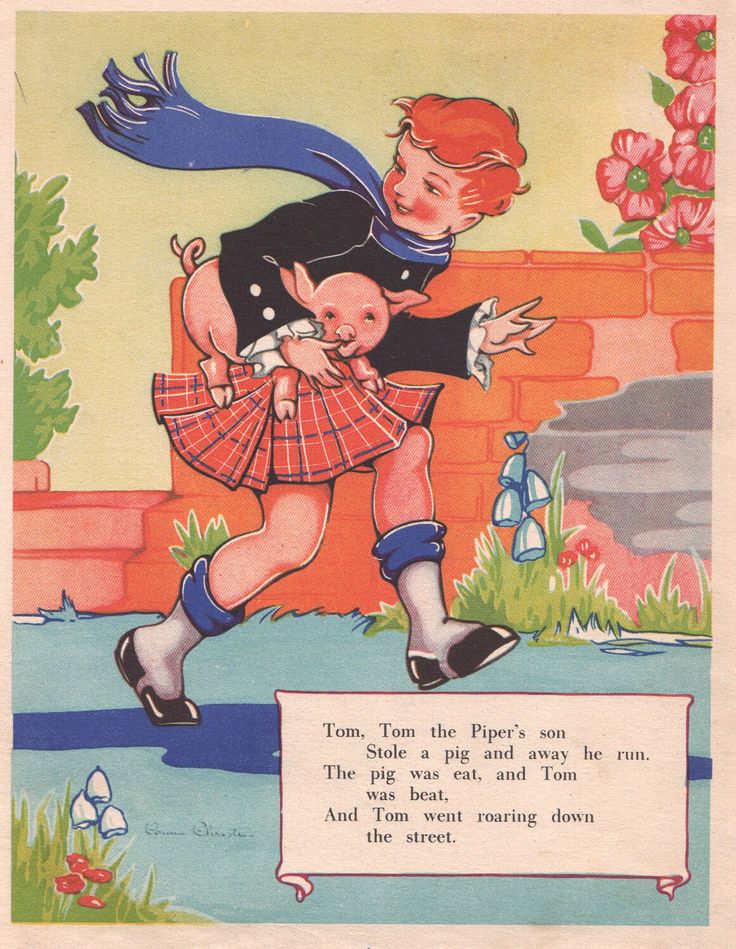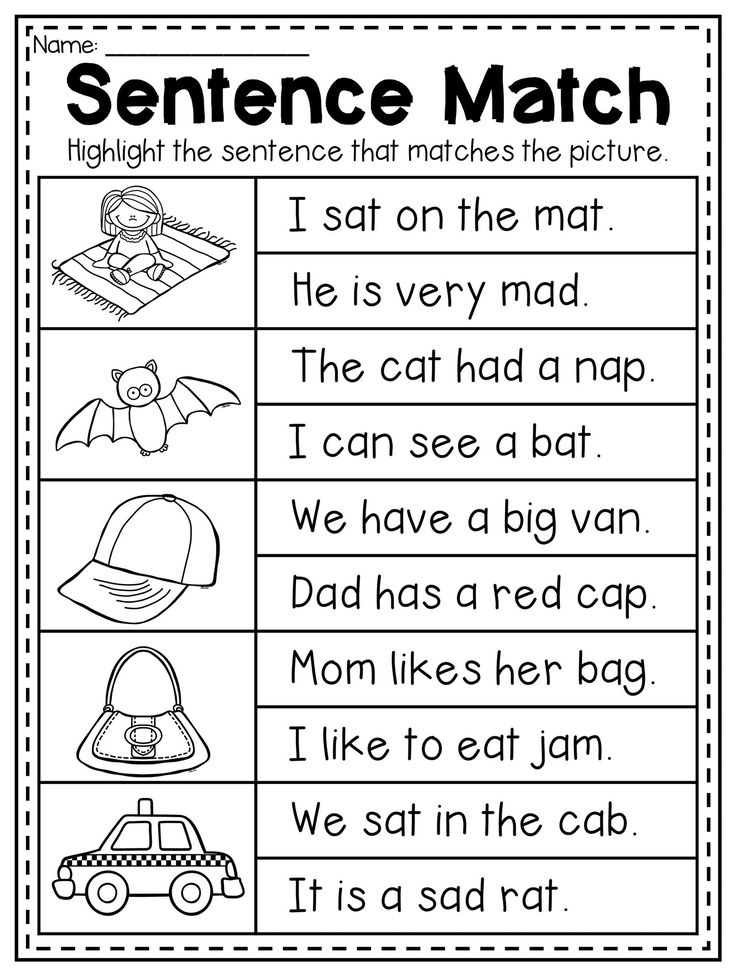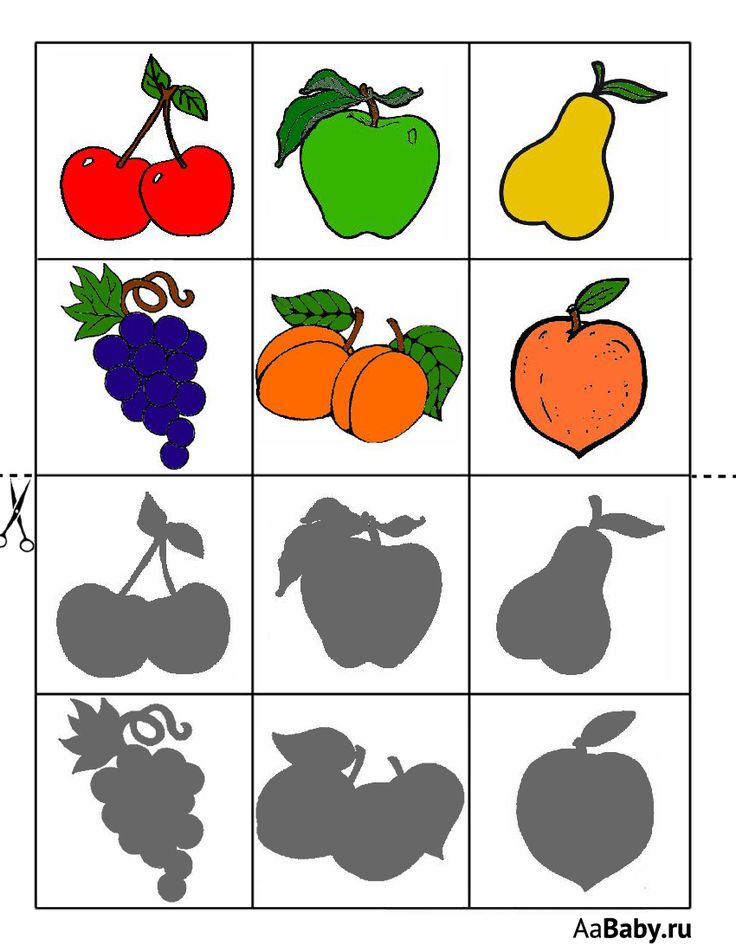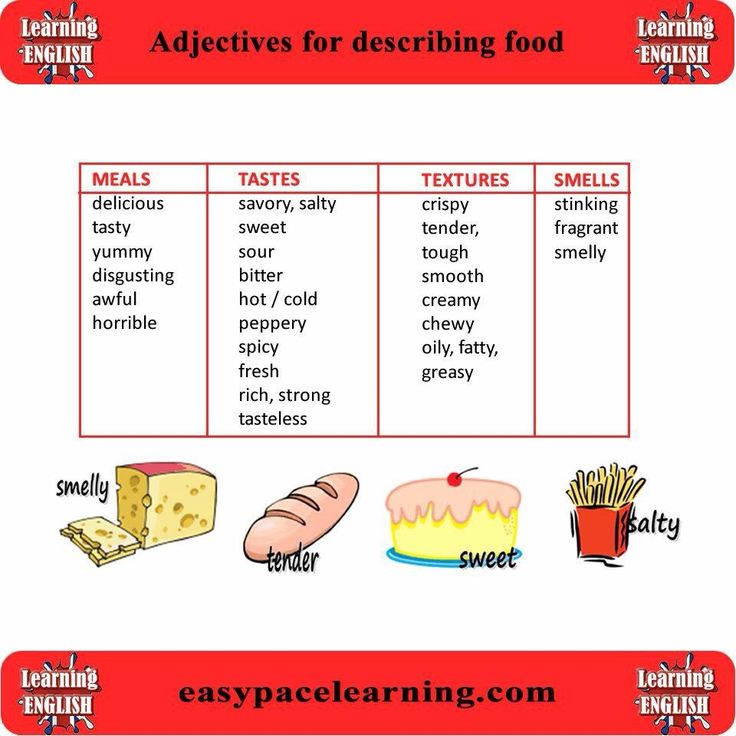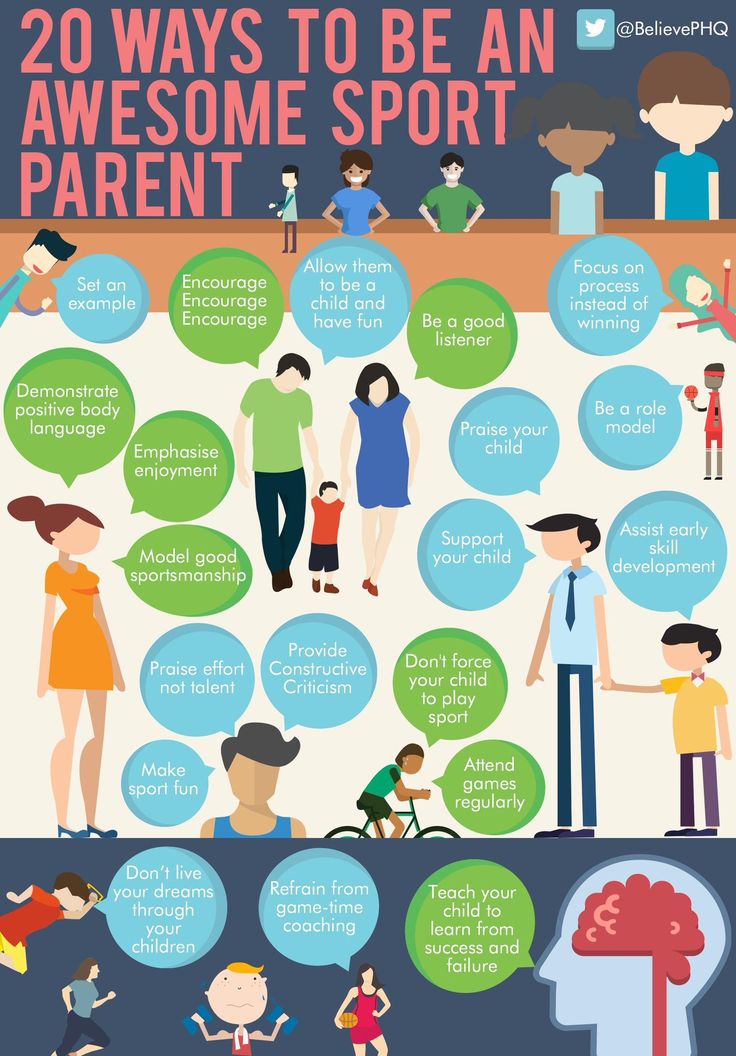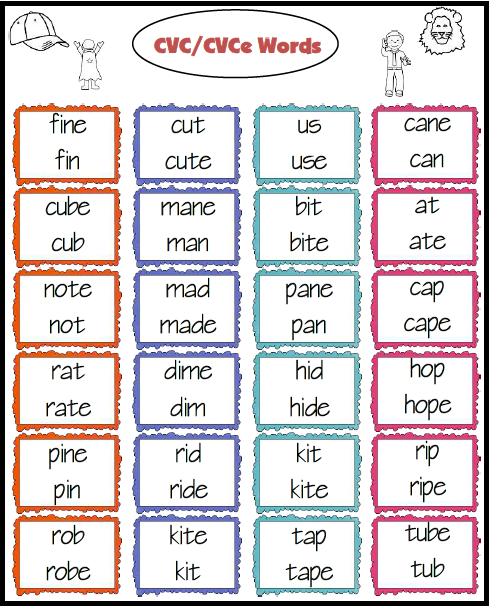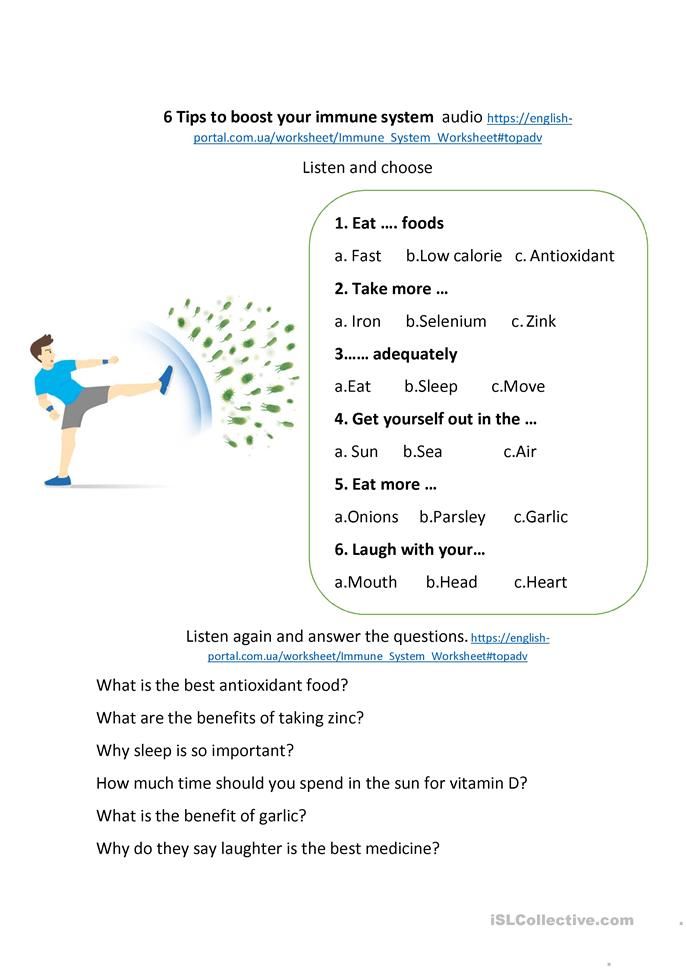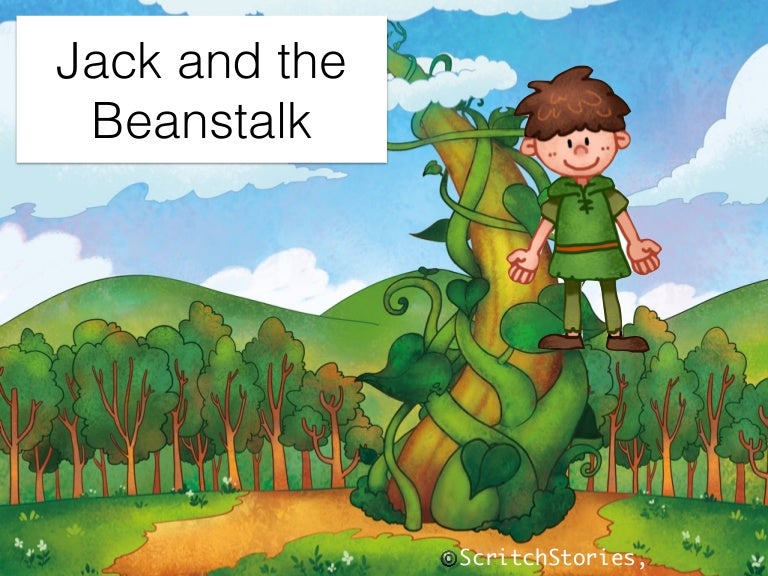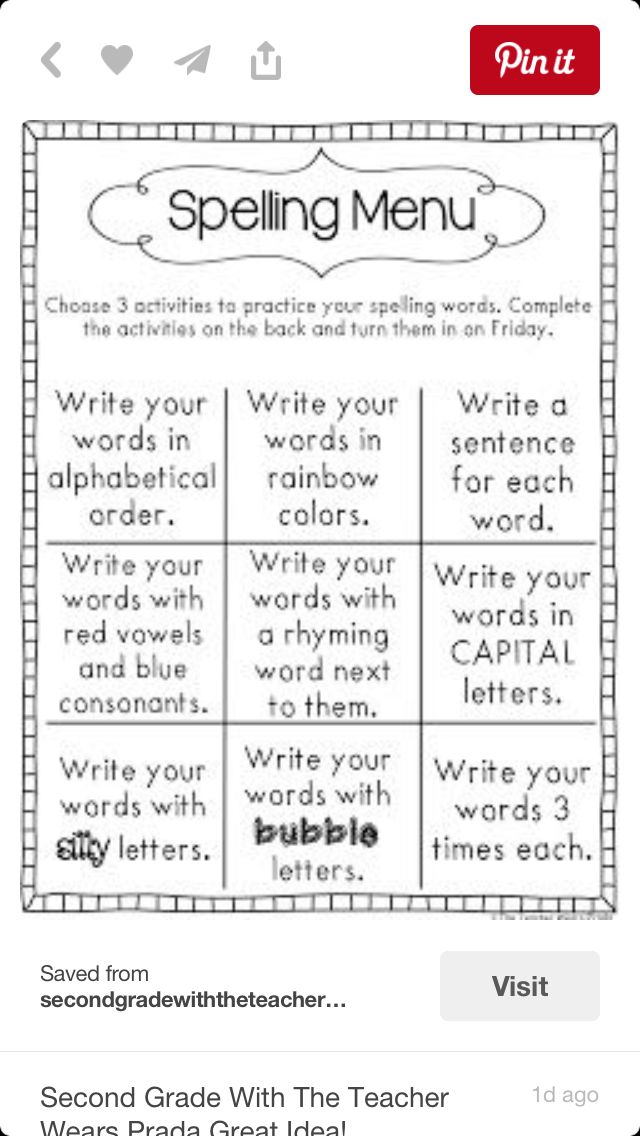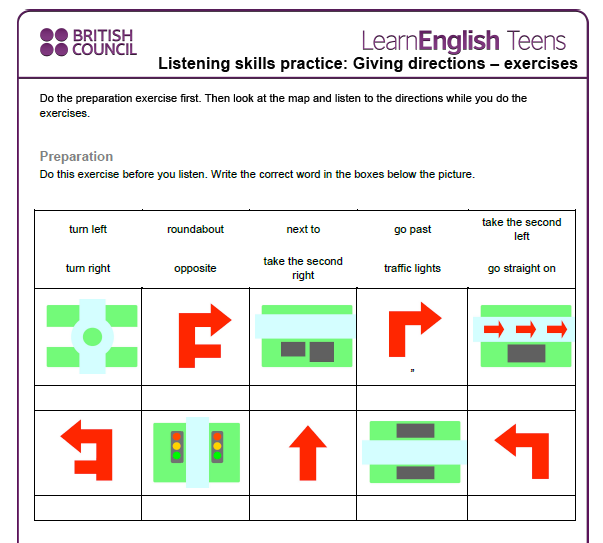Tom thumb nursery rhyme
Tom Thumb - Baby Rhymes
I had a little husband No bigger than my thumb: I put him in a pint-pot, And there I bid him drum.
According to popular tradition, Tom Thumb died at Lincoln, and a little blue flagstone in the pavement of the cathedral used to be pointed out as his monument.
“It was my good fortune,” says Dr. Wagstaffe, “some time ago, to have the library of a schoolboy committed to my charge, where, among other undiscovered valuable authors, I pitched upon Tom Thumb and Tom Hickathrift, authors indeed more proper to adorn the shelves of Bodley or the Vatican, than to be confined to the retirement and obscurity of a private study. I have perused the first of these with an infinite pleasure, and a more than ordinary application, and have made some observations on it, which may not, I hope, prove unacceptable to the public, and however it may have been ridiculed and looked upon as an entertainment only for children and those of younger years, may be found perhaps a performance not unworthy the perusal of the judicious, and the model superior to either of those incomparable poems of Chevy Chase or the Children in the Wood.
The design was undoubtedly to recommend virtue, and to show that however any one may labour under the disadvantages of stature and deformity, or the meanness of parentage, yet if his mind and actions are above the ordinary level, those very disadvantages that seem to depress him add a lustre to his character.”–A Comment upon the History of Tom Thumb, 1711, p. 4.]
In the merry days of good King Arthur, there lived in one of the counties of England a ploughman and his wife. They were poor, but as the husband was a strong workman, and his partner an able assistant in all matters pertaining to the farmhouse, the dairy, and poultry, they managed to make a very good living, and would have been contented and happy, had Nature blessed them with any offspring. But although they had been married several years, no olive branch had yet appeared, and the worthy couple sadly lamented their hard lot.
There lived at this period, at the court of Arthur, a celebrated conjuror and magician, whose name was Merlin, the astonishment of the whole world, for he knew the past, present, and future, and nothing appeared impossible to him.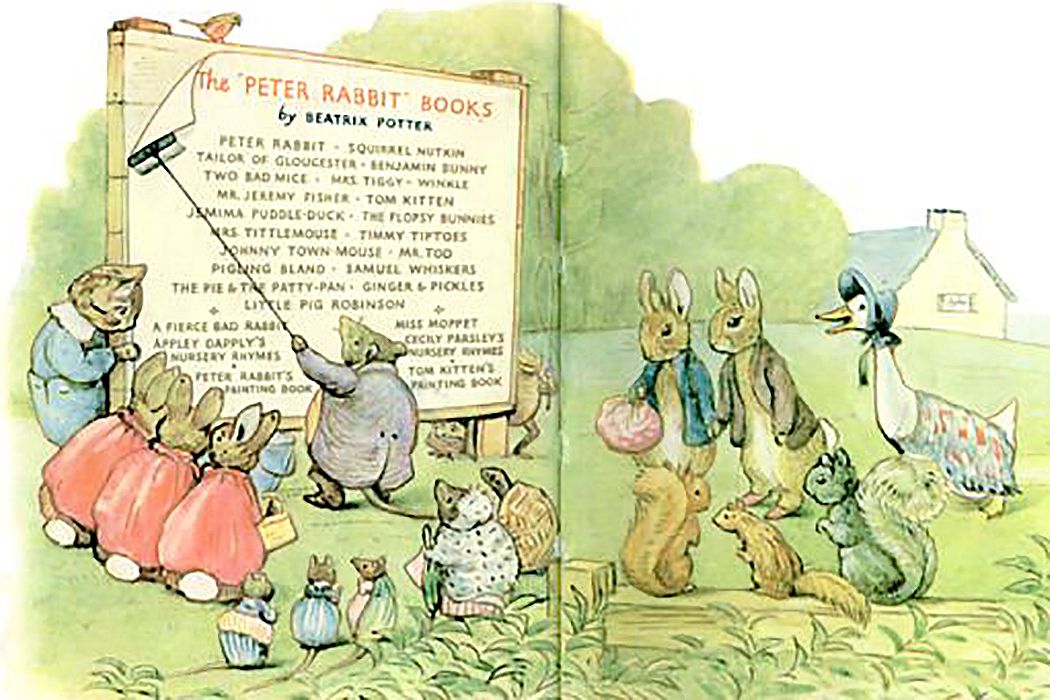 Persons of all classes solicited his assistance and advice, and he was perfectly accessible to the humblest applicant. Aware of this, the ploughman, after a long consultation with his “better half,” determined to consult him, and, for this purpose, travelled to the court, and, with tears in his eyes, beseeched Merlin that he might have a child, “even though it should be no bigger than his thumb.”
Persons of all classes solicited his assistance and advice, and he was perfectly accessible to the humblest applicant. Aware of this, the ploughman, after a long consultation with his “better half,” determined to consult him, and, for this purpose, travelled to the court, and, with tears in his eyes, beseeched Merlin that he might have a child, “even though it should be no bigger than his thumb.”
Now Merlin had a strange knack of taking people exactly at their words, and without waiting for any more explicit declaration of the ploughman’s wishes, at once granted his request. What was the poor countryman’s astonishment to find, when he reached home, that his wife had given birth to a gentleman so diminutive, that it required a strong exercise of the vision to see him. His growth was equally wonderful, for–
In four minutes he grew so fast, That he became as tall As was the ploughman’s thumb in length, And so she did him call.
The christening of this little fellow was a matter of much ceremony, for the fairy queen, attended by all her company of elves, was present at the rite, and he formally received the name of Tom Thumb.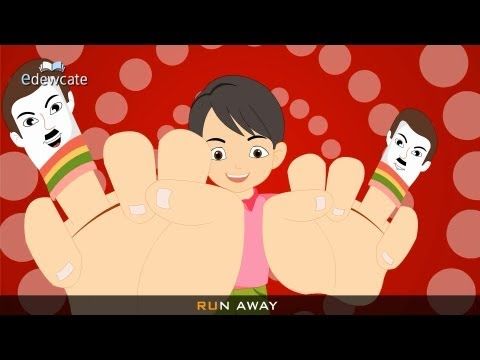 Her majesty and attendants attired him with their choicest weeds, and his costume is worth a brief notice. His hat was made of a beautiful oak leaf; his shirt was composed of a fine spider’s web, and his hose and doublet of thistle-down. His stockings were made with the rind of a delicate green apple, and the garters were two of the finest little hairs one can imagine, plucked from his mother’s eyebrows. Shoes made of the skin of a little mouse, “and tanned most curiously,” completed his fairy-like accoutrement.
Her majesty and attendants attired him with their choicest weeds, and his costume is worth a brief notice. His hat was made of a beautiful oak leaf; his shirt was composed of a fine spider’s web, and his hose and doublet of thistle-down. His stockings were made with the rind of a delicate green apple, and the garters were two of the finest little hairs one can imagine, plucked from his mother’s eyebrows. Shoes made of the skin of a little mouse, “and tanned most curiously,” completed his fairy-like accoutrement.
It may easily be imagined that Tom was an object of astonishment and ridicule amongst the other children of the village, but they soon discovered that, notwithstanding his diminutive size, he was more than a match for them. It was a matter of very little consequence to Tom whether he lost or won, for if he found his stock of counters or cherrystones run low, he soon crept into the pockets of his companions, and replenished his store. It happened, on one occasion, that he was detected, and the aggrieved party punished Tom by shutting him up in a pin-box.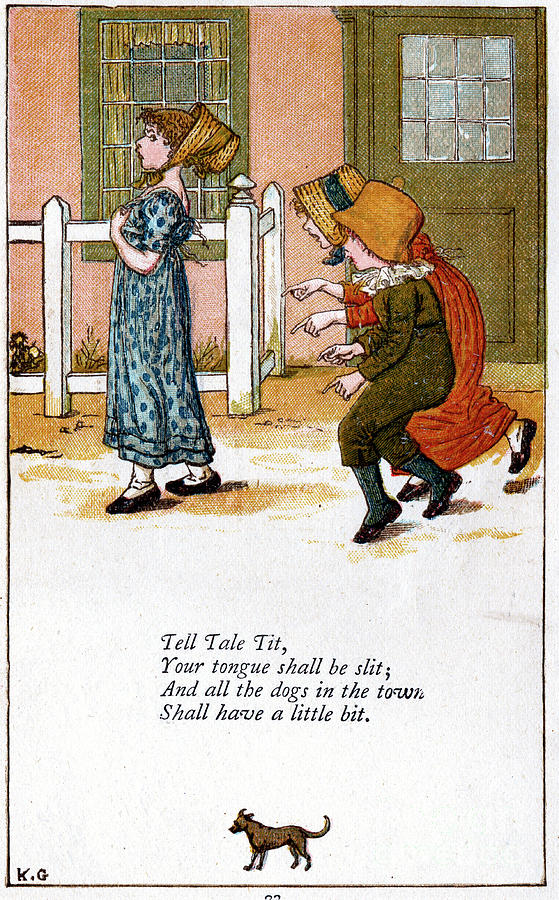 The fairy boy was sadly annoyed at his imprisonment, but the next day he amply revenged himself; for hanging a row of glasses on a sunbeam, his companions thought they would follow his example, and, not possessing Tom’s fairy gifts, broke the glasses, and were severely whipped, whilst the little imp was overjoyed at their misfortune, standing by, and laughing till the tears run down his face.
The fairy boy was sadly annoyed at his imprisonment, but the next day he amply revenged himself; for hanging a row of glasses on a sunbeam, his companions thought they would follow his example, and, not possessing Tom’s fairy gifts, broke the glasses, and were severely whipped, whilst the little imp was overjoyed at their misfortune, standing by, and laughing till the tears run down his face.
The boys were so irritated with the trick that had been played upon them, that Tom’s mother was afraid to trust him any longer in their company. She accordingly kept him at home, and made him assist her in any light work suitable for so small a child. One day, while she was making a batter-pudding, Tom stood on the edge of the bowl, with a lighted candle in his hand, so that she might see it was properly made. Unfortunately, however, when her back was turned, Tom accidentally fell in the bowl, and his mother not missing him, stirred him up in the pudding “instead of minced fat,” and put the pudding in the kettle with Tom in it.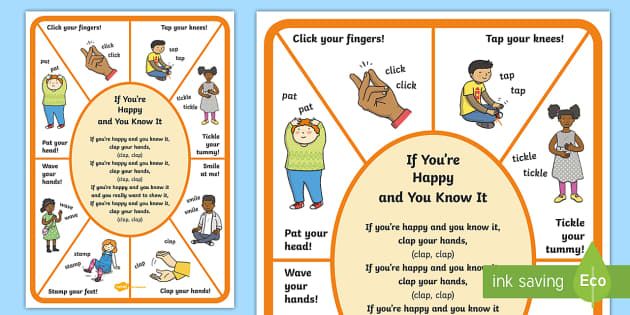 The poor woman paid dearly for her mistake, for Tom had no sooner felt the warm water, than he danced about like mad, and the pudding jumped about till she was nearly frightened out of her wits, and was glad to give it to a tinker who happened to be passing that way. He was thankful for a present so acceptable, and anticipated the pleasure of eating a better dinner than he had enjoyed for many a long day. But his joy was of short duration, for as he was getting over a stile, he happened to sneeze very hard, and Tom, who had hitherto remained silent, cried out, “Hollo, Pickens!” which so terrified the tinker, that he threw the pudding into the field, and scampered away as fast as ever he could go. The pudding tumbled to pieces with the fall, and Tom, creeping out, went home to his mother, who had been in great affliction on account of his absence.
The poor woman paid dearly for her mistake, for Tom had no sooner felt the warm water, than he danced about like mad, and the pudding jumped about till she was nearly frightened out of her wits, and was glad to give it to a tinker who happened to be passing that way. He was thankful for a present so acceptable, and anticipated the pleasure of eating a better dinner than he had enjoyed for many a long day. But his joy was of short duration, for as he was getting over a stile, he happened to sneeze very hard, and Tom, who had hitherto remained silent, cried out, “Hollo, Pickens!” which so terrified the tinker, that he threw the pudding into the field, and scampered away as fast as ever he could go. The pudding tumbled to pieces with the fall, and Tom, creeping out, went home to his mother, who had been in great affliction on account of his absence.
A few days after this adventure, Tom accompanied his mother when she went into the fields to milk the cows, and for fear he should be blown away by the wind, she tied him to a thistle with a small piece of thread.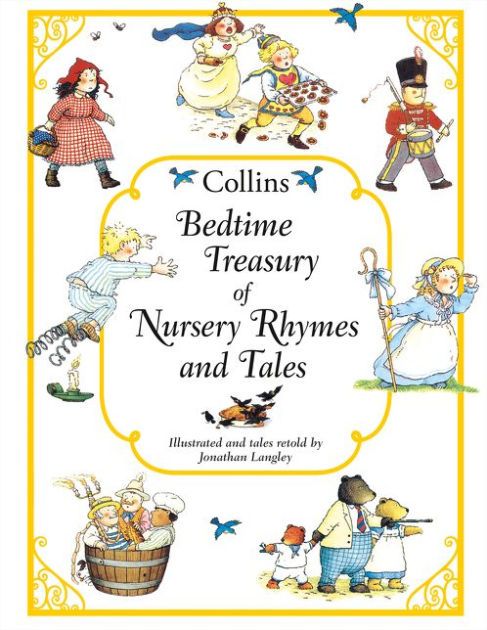 While in this position, a cow came by, and swallowed him up:
While in this position, a cow came by, and swallowed him up:
But, being missed, his mother went, Calling him everywhere: Where art thou, Tom? where art thou, Tom? Quoth he, Here, mother, here!
Within the red cow’s stomach, here Your son is swallowed up; All which within her fearful heart Much woful dolour put.
The cow, however, was soon tired of her subject, for Tom kicked and scratched till the poor animal was nearly mad, and at length tumbled him out of her mouth, when he was caught by his mother, and carried safely home.
A succession of untoward accidents followed. One day, Tom’s father took him to the fields a-ploughing, and gave him “a whip made of a barley straw” to drive the oxen with, but the dwarf was soon lost in a furrow. While he was there, a great raven came and carried him an immense distance to the top of a giant’s castle. The giant soon swallowed him up, but he made such a disturbance when he got inside, that the monster was soon glad to get rid of him, and threw the mischievous little imp full three miles into the sea. But he was not drowned, for he had scarcely reached the water before he was swallowed by a huge fish, which was shortly after captured, and sent to King Arthur by the fisherman for a new-year’s gift. Tom was now discovered, and at once adopted by the king as his dwarf;
But he was not drowned, for he had scarcely reached the water before he was swallowed by a huge fish, which was shortly after captured, and sent to King Arthur by the fisherman for a new-year’s gift. Tom was now discovered, and at once adopted by the king as his dwarf;
Long time he liv’d in jollity, Belov’d of the court, And none like Tom was so esteem’d Amongst the better sort.
The queen was delighted with the little dwarf, and made him dance a galliard on her left hand. His performance was so satisfactory, that King Arthur gave him a ring which he wore about his middle like a girdle; and he literally “crept up the royal sleeve,” requesting leave to visit his parents, and take them as much money as he could carry:
And so away goes lusty Tom With threepence at his back, A heavy burthen, which did make His very bones to crack.
Tom remained three days with the old couple, and feasted upon a hazel-nut so extravagantly that he grew ill. His indisposition was not of long continuance, and Arthur was so anxious for the return of his dwarf, that his mother took a birding-trunk, and blew him to the court.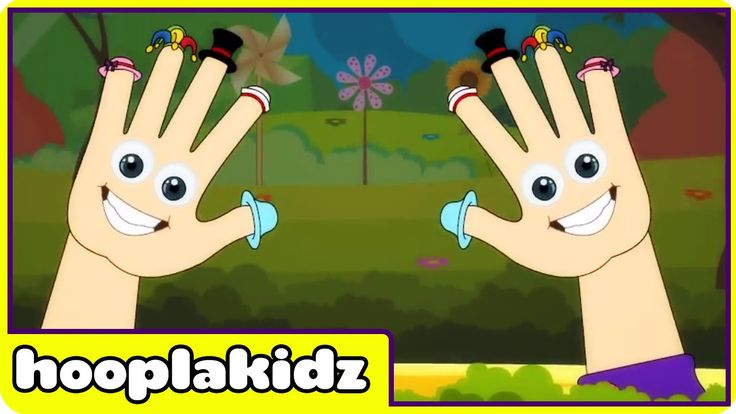 He was received by the king with every demonstration of affection and delight, and tournaments were immediately proclaimed:
He was received by the king with every demonstration of affection and delight, and tournaments were immediately proclaimed:
Thus he at tilt and tournament Was entertained so, That all the rest of Arthur’s knights Did him much pleasure show.
And good Sir Launcelot du Lake, Sir Tristram and Sir Guy, Yet none compar’d to brave Tom Thumb In acts of chivalry.
Tom, however, paid dearly for his victories, for the exertions he made upon this celebrated occasion threw him into an illness which ultimately occasioned his death. But the hero was carried away by his godmother, the fairy queen, into the land of Faerie, and after the lapse of two centuries, he was suffered to return to earth, and again amuse men by his comical adventures. On one occasion, after his return from fairy-land, he jumped down a miller’s throat, and played all manner of pranks on the poor fellow, telling him of all his misdeeds, for millers in former days were the greatest rogues, as everybody knows, that ever lived.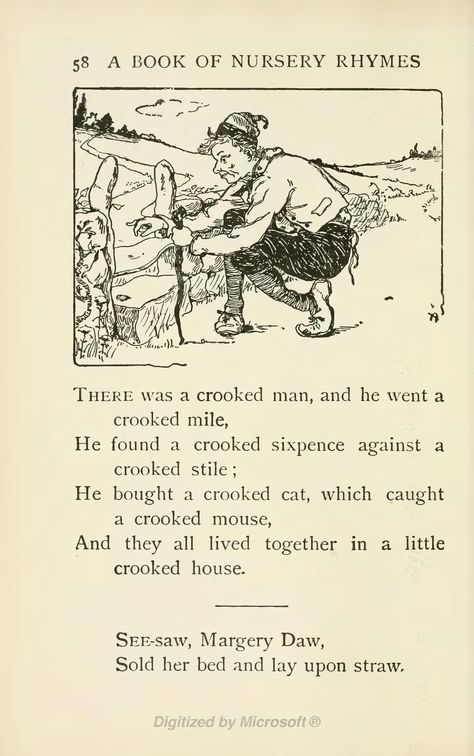 A short time afterwards, Tom a second time is swallowed by a fish, which is caught, and set for sale at the town of Rye, where a steward haggles for it,–
A short time afterwards, Tom a second time is swallowed by a fish, which is caught, and set for sale at the town of Rye, where a steward haggles for it,–
Amongst the rest the steward came, Who would the salmon buy, And other fish that he did name, But he would not comply.
The steward said, You are so stout, If so, I’ll not buy any. So then bespoke Tom Thumb aloud, “Sir, give the other penny!”
At this they began to stare, To hear this sudden joke: Nay, some were frighted to the heart, And thought the dead fish spoke.
So the steward made no more ado, But bid a penny more; Because, he said, I never heard A fish to speak before.
The remainder of the history, which details Tom’s adventures with the queen, his coach drawn by six beautiful white mice, his escaping on the back of a butterfly, and his death in a spider’s web, is undoubtedly a later addition to the original, and may therefore be omitted in this analysis. It is, in fact, a very poor imitation of the first part of the tale.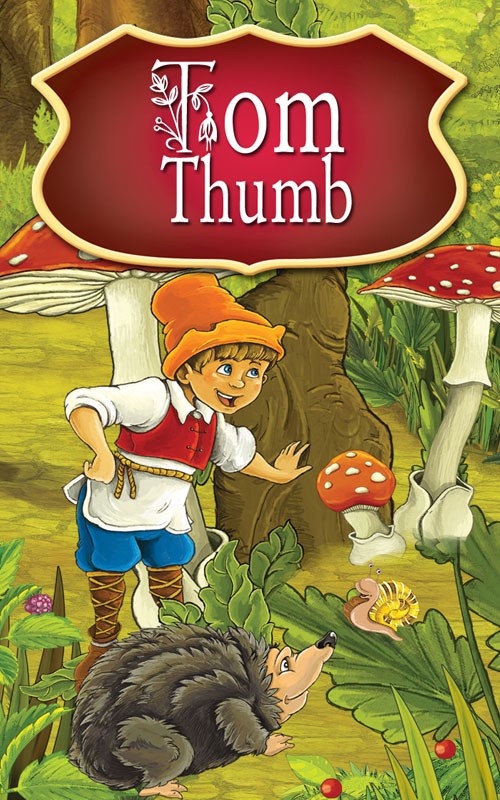
★ Checkout this story aswell :
The Parrot
Tom Thumb's Alphabet / A Was an Archer (Roud 20563)
> Folk Songs > Songs > Tom Thumb's Alphabet / A Was an Archer
[ Roud 20563 ; Ballad Index OO2002 ; MusTrad MT230 ; trad.]
Thomas White's illustrated chapbook A Little Book for Little Children, London: 1702, explained The Alphabet.
Tom Thumb's Picture Alphabet is a nursery rhyme explaining the alphabet in pictures and rhyme. It is printed in Iona and Peter Opie: Oxford Dictionary of Nursery Rhymes, Oxford University Press, 1951.
Mike Yates noted on Johnny Doughty's 1976 recording of The Sailor's Alphabet:
The AlphabetAlphabet songs similar to this one exist among many communities. Soldiers, bargemen, lumberjacks, and sheepherders, among others, have their own versions of this mnemonic device which may originally have been influenced by such nursery rhymes as: A was an apple-pie / B bit it / C cut it / D dealt it / E eat it etc.
which was well-known during the reign of Charles II (1660-1685). One interesting version, known as Tom Thumb's Alphabet, dates from at least the beginning of the 18th century and could have well provided the basic idea behind Johnny's song:
A was an archer, who shot at a frog,
B was a butcher, and had a great dog,
C was a captain, all covered with lace,
D was a drunkard, and had a red face, [etc.]
A was an Archer, and ſhot at a Frog;
B was a Blind-man, and led by a Dog;
C was a Cutpurſe, and liv'd in diſgrace;
D was a Drunkard, and had a red Face;
E was an Eater, a Glutton was he;
F was a Fighter, and fought with a Flea;
G was a Gyant, and pul'd down a Houſe;
H was a Hunter, and hunted a Mouſe;
I was an ill Man, and hated by all;
K was a Knave, and he rob'd great and ſmall;
L was a Liar, and told many Lies;
M was a Madman, and beat out his Eyes;
N was a Nobleman, nobly born;
O was an Oſtler, and ſtole Horſes Corn;
P was a Pedlar, and ſold many Pins;
Q was a Quarreller, and broke both his Shins;
R was a Rogue, and run about Town;.
S was a Sailor, a man of Renown;
T was a Taylor, and Knaviſhly bent;
U was a Uſurer, took Ten per cent;
W was a Writer, and Money he earn'd;
X was one Xenophon, prudent and learn'd;
Y was a Yeoman, and work'd for his Bread;
Z was one Zeno the Great, but he's dead.
A was an archer, who shot at a frog;
B was a butcher, and had a great dog.
C was a captain, all covered with lace;
D was a drunkard, and had a red face,
E was an esquire, with pride on his brow;
F was a farmer, and followed the plough.
G was a gamester, who had but ill-luck;
H was a hunter, and hunted a buck.
I was an innkeeper, who loved to carouse;
J was a joiner, and built up a house.
K was King William, once governed this land;
L was a lady, who had a white hand.
M was a miser, and hoarded up gold;
N was a nobleman, gallant and bold.
O was an oyster girl, and went about town;
P was a parson, and wore a black gown.
Q was a queen, who wore a silk slip;
R was a robber, and wanted a whip.
S was a sailor, and spent all he got;
T was a tinker, and mended a pot.
U was a usurer, a miserable elf;
V was a vintner, who drank all himself.
W was a watchman, and guarded the door;
X was expensive, and so became poor.
Y was a youth, that did not love school;
Z was a zany, a poor harmless fool.
Rhyme games: poems, folklore
What's in the box?
Money.
Who screwed up?
Grandpa.
What did he put in?
Ladle.
And how?
Gold.
And how did you post it?
Silver plated.
My hands are gone (hide my hands behind my back),
Maybe they ran away to the zoo out of boredom?
No, my fugitives were found, (show hands)
They were in the jar with jam.
My pens are a treasure.
I knock with a hammer, (knock fist on fist)
I want to build a house. (we put our hands over our heads, representing the "roof")
I am building a tall house! (raise the handles up)
I will live in that house! (again we put our hands over our heads, representing the “roof”)
There was a lock on the door, (we interlock our fingers in the lock (if it doesn’t work, just put the fist to the fist) and wave up and down)
Who could open it?
We broke, we twisted, (twirling the handles locked into the lock)
They beat, beat (we shake our hands without disengaging our fingers)
And opened! (we spread our hands)
Dariki-dariki, (clap our hands)
Mosquitoes flew. (Pinch fingers together)
(Pinch fingers together)
Curled, curled, (showing how they fly)
They grabbed the spout! (mom touches the baby's nose, option - in the hand, in the leg ...)
We are building, we are building, we are building a house, (we put our hand and the baby's hand alternately, then again ours and the baby)
We put the cube to the cube.
Here is the road, here is the garage, (we run our fingers over the child’s body, laying some kind of “route”)
Here is our house built. (we connect the palms above the head, representing the roof)
Palms up, (hands up)
Palms down, (hands down)
And now they are on the barrel
And squeezed into a fist. (clench hands into fists)
We stomp like a bear:
Top-top-top-top!
We'll clap like a bear:
Clap-clap-clap-clap!
We raise our paws up,
We squat on others.
We kick top-top-top,
(we walk around the room and stomp)
And clap, clap, clap!
(clap hands)
Oh yes kids, oh yes strong guys!
We walk along the path
(stomp around the room)
And we hit our hands.
(clap hands)
Top-top, legs, top!
(stomp on the spot)
Clap, clap, pens, clap!
(clapping)
Oh yeah kids!
(hands on the belt, spinning)
Oh yes, strong guys!
On a flat path, (stomp our feet)
We knocked many times,
We will have fun. (clap hands)
Hit harder with a fist, (knock on the palm with a fist)
Just don't be sorry for the pen,
We'll knock with a fist
And spin like a top! (circling)
The planes hummed, rotation in front of the chest with arms bent at the elbows)
The planes took off. (hands to the sides, we run around the room)
We quietly sat down in the clearing, (we squat)
Yes, and flew again. (hands to the sides, we run around the room again)
We take a scoop in our hands,
We pour yellow sand.
Help me, don't be lazy!
Our little cake, get it!
Here's a swamp on the way!
How can we cross it?
Jump and jump!
Jump and jump!
Have fun, my friend!
Take the baby's hands and clap them, saying:
Hot porridge, cold porridge,
Our favorite is languishing in a pot.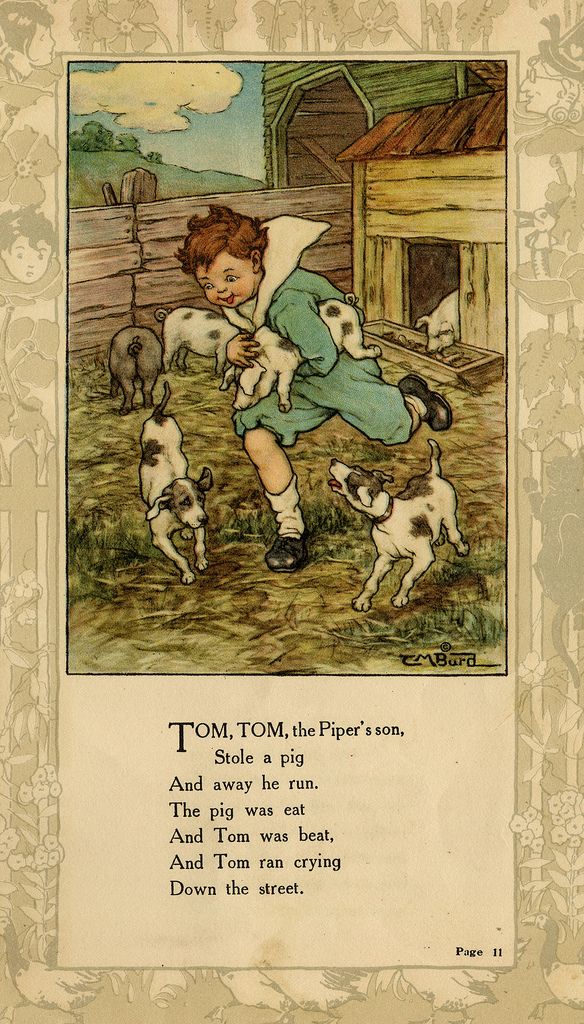
Long time ago we became friends with her,
But we can't choose - which one is tastier?
And it is beautiful from the heat and from the heat,
And the cold porridge is also tasty.
We will not hesitate with such a question
And we will “eat” any porridge faster.
(On the word "let's eat" touch the child's nose with your finger.)
I hold a watch in my hands, a watch in my hands.
The clock goes like this: tick-tock, tick-tock.
(Close to the child's ear)
Listen, look how my clock goes,
The clock goes like this: tick-tock, tick-tock.
Where, where, where is the clock?
(Take it away from the clock, but leave it in sight)
Here they are, my watch, the clock goes like this:
Tick-tick, tick-tock.
(Show your hand at the clock)
Zainka, enter the garden,
Grey, enter the garden.
Bunny, Bunny, enter the garden,
Grey, Grey, enter the garden!
Hare, pluck the color,
Grey, pluck the color.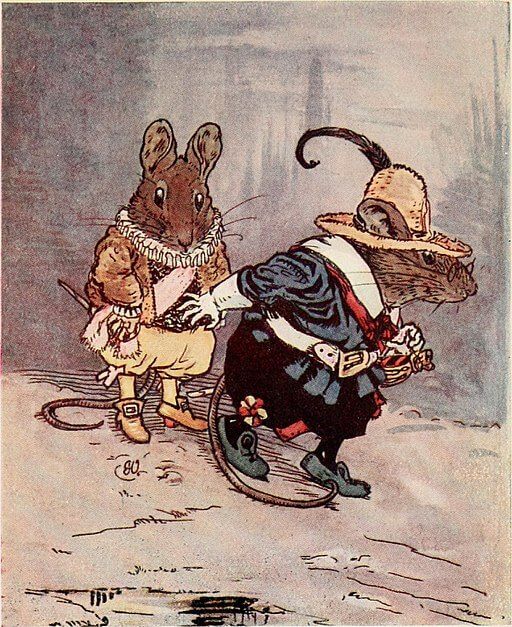
Bunny, bunny, pick the color,
Grey, grey, pick the color!
Zainka, her wreath,
Grey, her wreath.
Bunny, bunny, wreath,
Gray, gray, wreath.
Zainka, dance,
Grey, dance.
Bunny, bunny, dance,
Gray, gray, dance.
- Little Kisonka,
Where have you been?
- At the mill.
- Little Kisonka,
What were you doing there?
- Grind flour.
- Kitty-murisenka,
What did you bake from flour?
- Gingerbread.
- Kitty-murisenka,
With whom did you eat gingerbread?
- One.
(we threaten with a finger)
- Don't eat alone, don't eat alone!
- Little Kitty,
Where have you been?
- At the mill.
- Little Kitty,
What were you doing there?
- Grind flour.
- Little Kisonka,
What did you do with flour?
- Baked pies.
- Little Kitty-Murysonka,
With whom did you eat pies?
- One.
(we threaten with a finger)
- Don't eat alone, don't eat alone!
Bear cubs lived in thickets,
They turned their heads.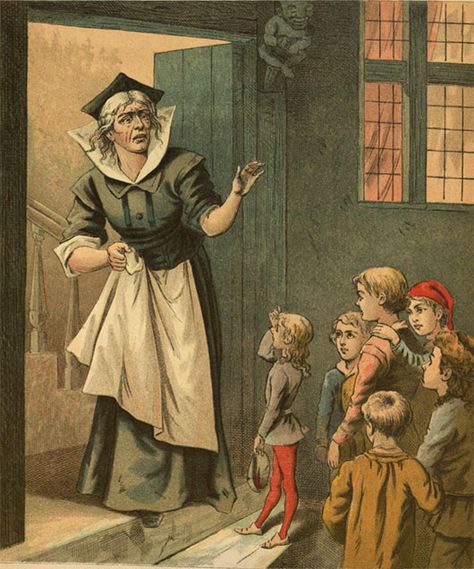
Like this, like this -
They twisted their heads
(turning their heads to the right and left)
Bear cubs were looking for honey,
Together they shook the tree.
Like this, like this -
Together they rocked the tree
(tilts of the torso to the right and left)
And waddled,
And drank water from the river
Like this, like this -
And drank water from the river
(leaning forward)
And they danced too!
Together they raised their paws!
Like this, like this -
Raised the paws up!
(raising the handles)
We were riding a horse, we drove into the garden
(light squats, arms outstretched -
"hold the reins")
Hop-hop-hop! Hop-hop-hop!
(clapping: two short, one long)
We drove by car, we reached the corner.
(turns with hands that seem to hold the steering wheel)
Bb-b-b! Bi-bi-bi!
(press the “signal” with your thumbs)
We were driving by a steam locomotive, we reached the mountain.
(the hand is clenched in a fist at the top.
hand movements up and down, up and down, etc.)
Wow! (wide movement of the hand from top to bottom)
Oh, frets, frets, (show palms, twist hands up and down)
We are not afraid of water, (stomp one foot)
We wash ourselves cleanly, (make smooth circular movements with hands near the face, without touching him)
We smile at Mom. (hands spread wide and smile)
An old man was walking on the road
An old man was walking on the road,
On the road, on the road,
I found a hornless goat,
Hornless, hornless.
Come on, goat, let's jump,
Let's jump, let's jump,
Yes, let's jump with our legs,
Let's jump, let's jump.
And the goat butts,
Butts, butts,
And the old man swears,
Swears, swears.
Not just nursery rhymes. Part 1
Our middle group teacher Svetlana knows 1000 and 1 nursery rhyme for any occasion! What is it, jokes? For what? Why are they important to the baby? Word to Svetlana:
All mothers and fathers are similar in one thing: they want the best for their son or daughter.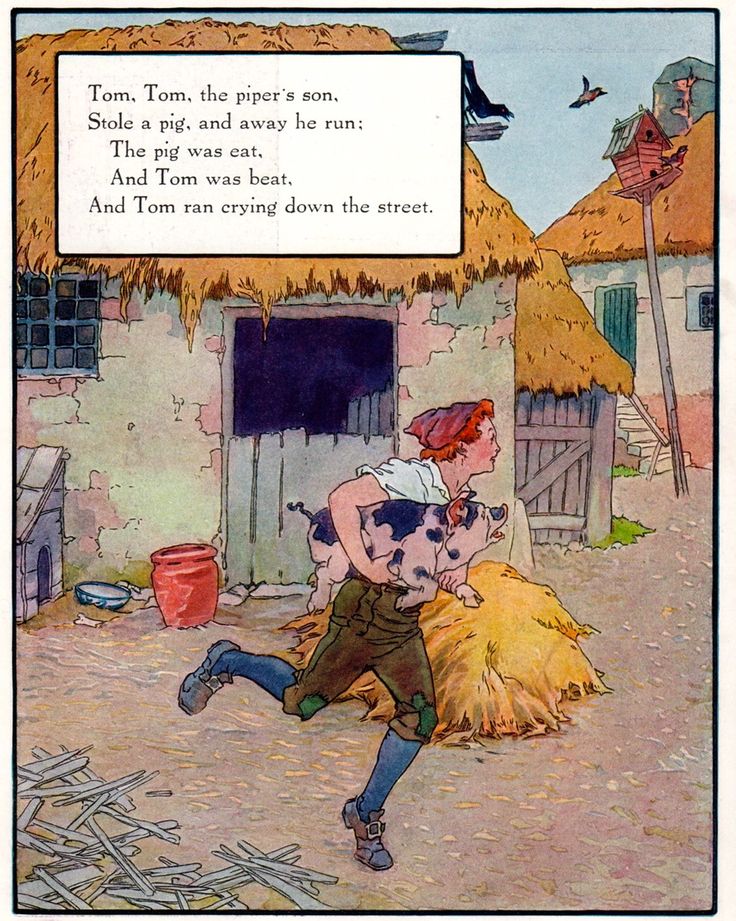 They buy manuals and toys, study different techniques, but sometimes they lose sight of the simplest things. For example - folk rhymes and pestles. Mothers, grandmothers, nannies composed them for their little children many centuries ago and accompanied them with all the actions for caring for babies. And modern parents should adopt the traditions of folk pedagogy. Perhaps someone considers nursery rhymes to be relics of the past, something unfashionable and out of date. But that's not the case at all! And here's why...
They buy manuals and toys, study different techniques, but sometimes they lose sight of the simplest things. For example - folk rhymes and pestles. Mothers, grandmothers, nannies composed them for their little children many centuries ago and accompanied them with all the actions for caring for babies. And modern parents should adopt the traditions of folk pedagogy. Perhaps someone considers nursery rhymes to be relics of the past, something unfashionable and out of date. But that's not the case at all! And here's why...
Rhymes are not just entertainment. These are the very first lessons for the baby. What? First of all, the lessons of native speech. Nursery rhymes enable the child to accumulate the necessary information for successful mastery of speech in the future, to acquire a sense of rhythm and rhyme, form intonation expressiveness of speech. They also help you better understand the world around you and yourself. But most important of all, perhaps, is the love and tenderness that an adult puts into poems and songs, words that instill in the baby the confidence that he is loved and protected.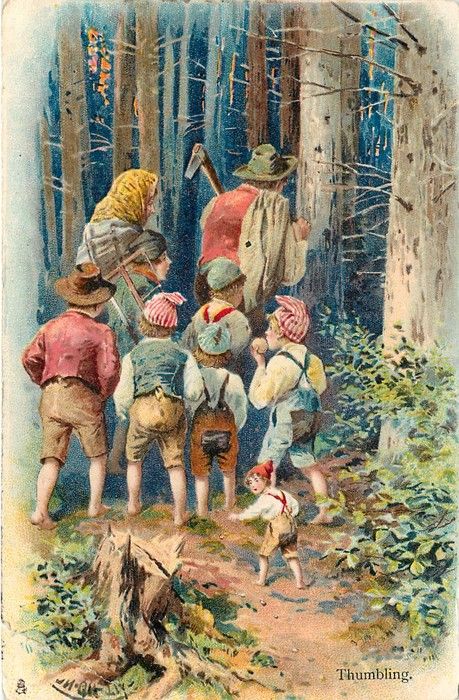
The very first nursery rhymes and songs are called rhymes. It is now we say "grow, love, caress, care." And before all this was called one capacious word "to nurture". It was from him that the name "pestushka" came. They are sentenced or sung to the baby in the first months of life, accompanying everyday worries: dressing, bathing, playing, the very first movements.
So, wake up. The kid stretches after sleep, and we stroke his barrel and tummy, sipping a little and saying:
Pulls, pulls!
From toe to crown!
We'll stretch, stretch,
We won't stay small!
We are already growing, growing, growing...
Well, how can such wonderful and kind mother's (or grandmother's) words not come true?
The baby is slowly growing. Every day brings many new discoveries for him and for his loved ones. And little by little, little pestles are replaced by nursery rhymes. They are needed in order to entertain, "amuse" the baby (and therefore the "amusement").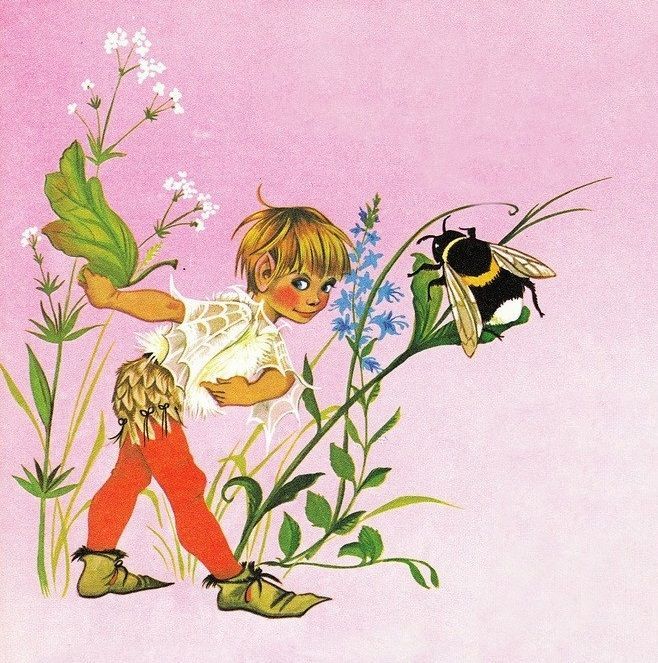 How can you develop a baby with the help of nursery rhymes? Very simple! Play fun games with him more often, and he will draw for himself everything important and necessary. Many of these fun you know very well. This is Ladushki, and Magpie-Crow, and Horned Goat. All these are real educational games! Play with the baby in "mosquitoes", and you will see for yourself. To do this, connect the thumb, middle and index fingers into a pinch and “circle” them over the child, saying:
How can you develop a baby with the help of nursery rhymes? Very simple! Play fun games with him more often, and he will draw for himself everything important and necessary. Many of these fun you know very well. This is Ladushki, and Magpie-Crow, and Horned Goat. All these are real educational games! Play with the baby in "mosquitoes", and you will see for yourself. To do this, connect the thumb, middle and index fingers into a pinch and “circle” them over the child, saying:
Dariki-dariki,
Evil mosquitoes
Curled, circled,
Yes, they grabbed your ear -
Bite!
Ear caught! It's like a command to action for the baby: hide your ear! Then the mosquitoes bite on the leg, handle, nose, cheek, elbow, knee - any part of the body. Very soon, the baby will not only remember where he has what and how it is called, but will also hide the part of the body desired by mosquitoes with a joyful squeal. Here are the benefits for the baby: we play, communicate with our beloved mom, replenish vocabulary, develop emotions, study our own body, train memory.